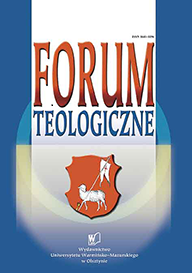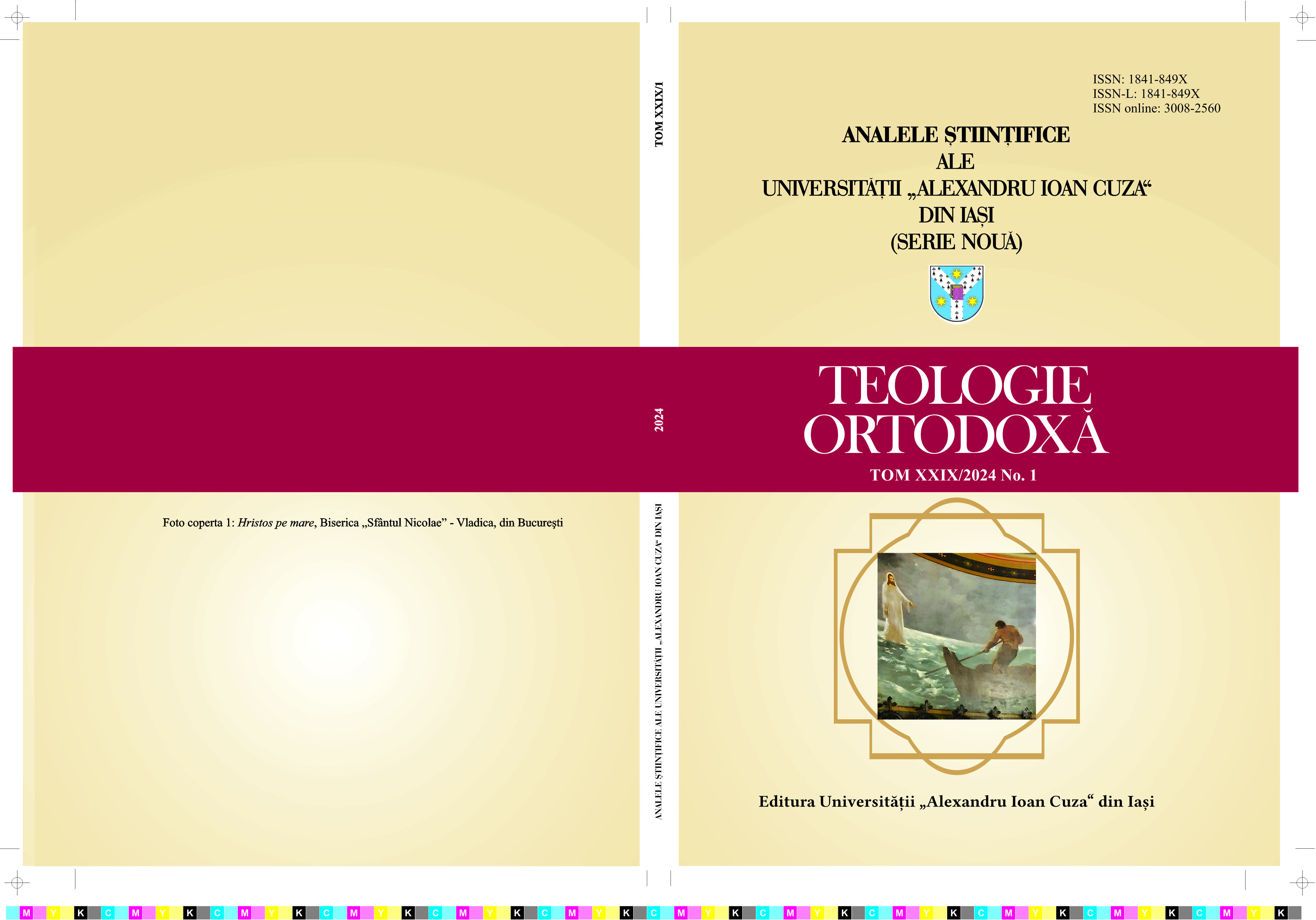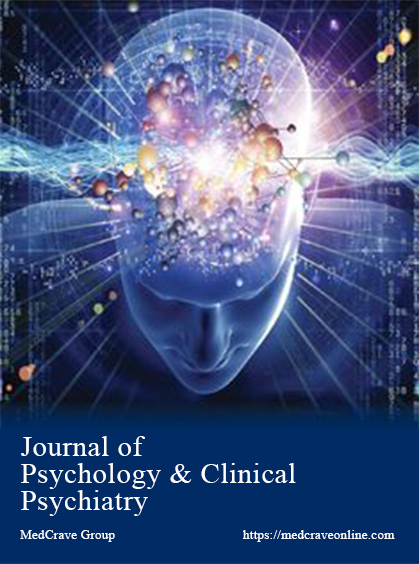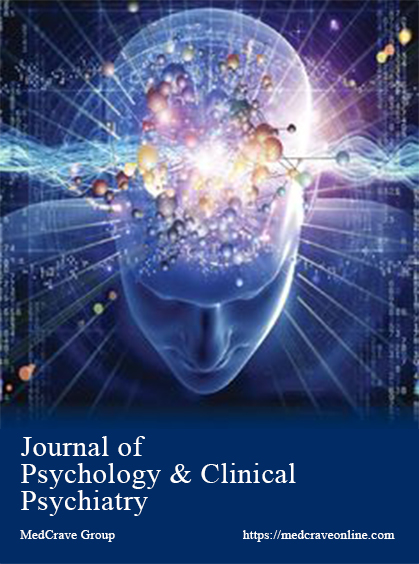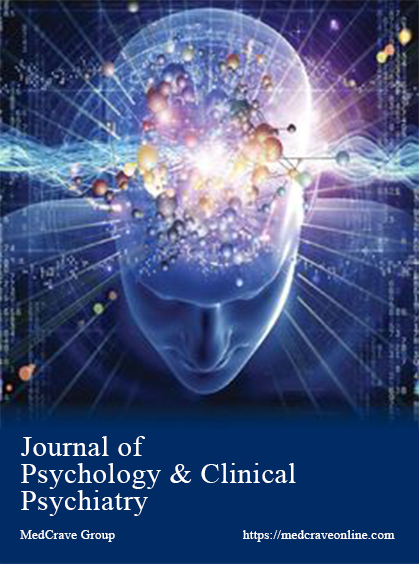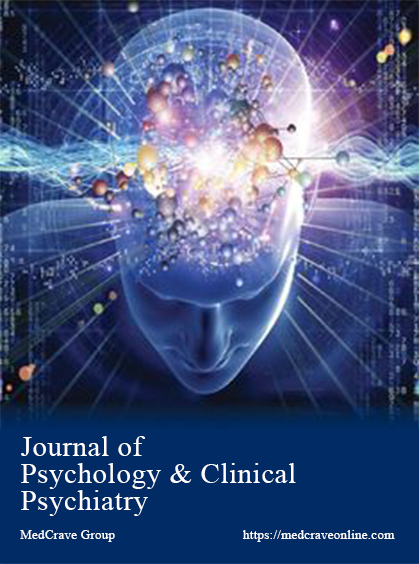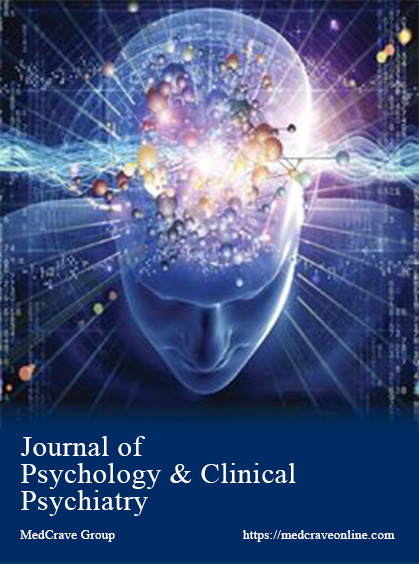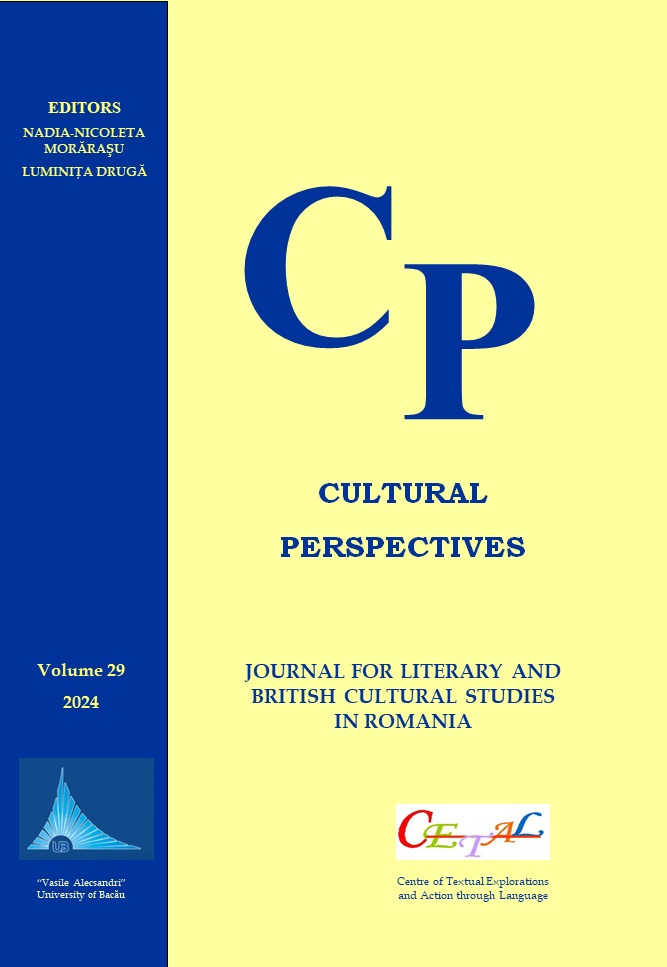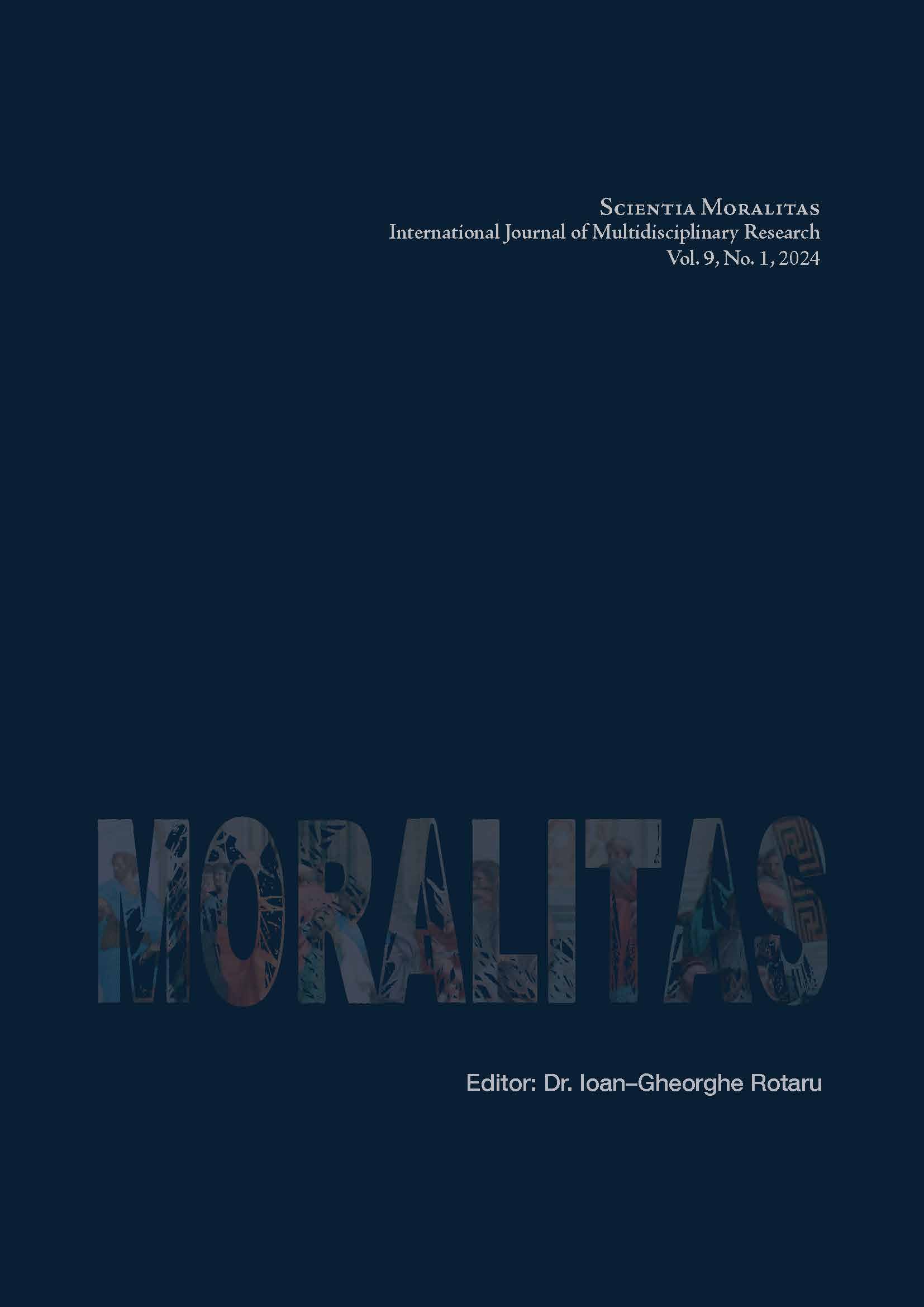Author(s): Adib Saab / Language(s): English
Issue: 1/2024
Far from being a theoretical agglomeration of doctrines, religion is experience. Like all experience, religious experience is studied under psychology and sociology. It also belongs to philosophy and theology. William James’s masterpiece, The Varieties of Religious Experience, was a landmark in the psychology of religion, based on individual experience. By mid-twentieth century, the social sciences started turning away from armchair pursuits towards the study of behaviour. But whether individual or collective, theoretical or statistical, the unit of study, namely religious experience, referred to a class of observable practices like church attendance, and to a class of extraordinary phenomena like voices, visions, and apparitions. There is, however, a profound meaning of religious experience where an individual is said to have experience rather than experiences. The point I am making is in the line of what Rudolph Otto called an experience of the holy. Based on these two senses of experience, this paper makes a distinction between religion in a narrow sense and religion in a wide sense. The empiricist epistemology of David Hume and his philosophical progeny, especially Analytical philosophers, may be applicable only to the narrow sense of religion and experience. However, it fails beyond that domain, namely as a theory of knowledge suitable for the wide sense where the scope of religion is human life in its entirety. Accordingly the paper moves to suggest an alternative theory of knowledge which does not relegate religion and religious experience to the sphere of “subjective” realities beyond reason.
More...
